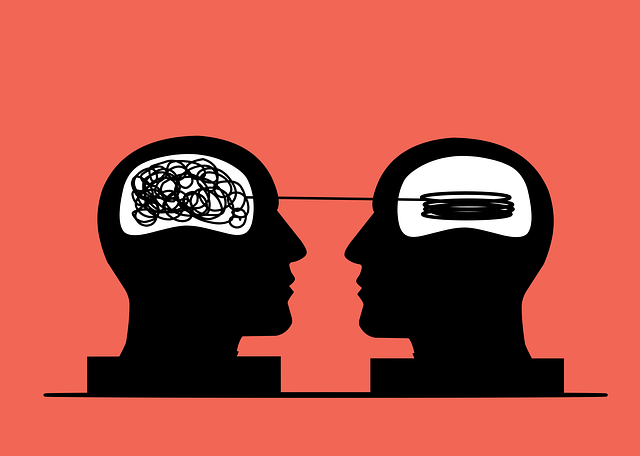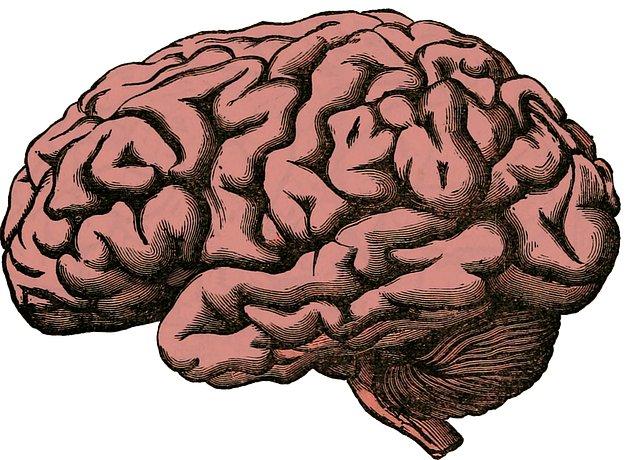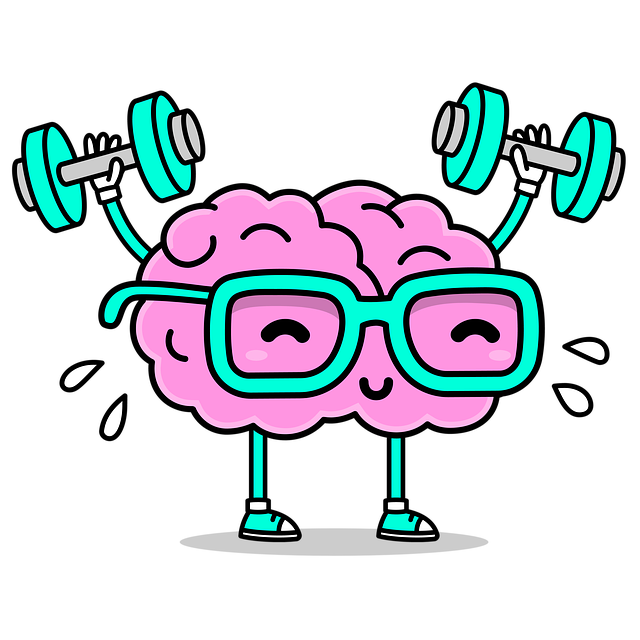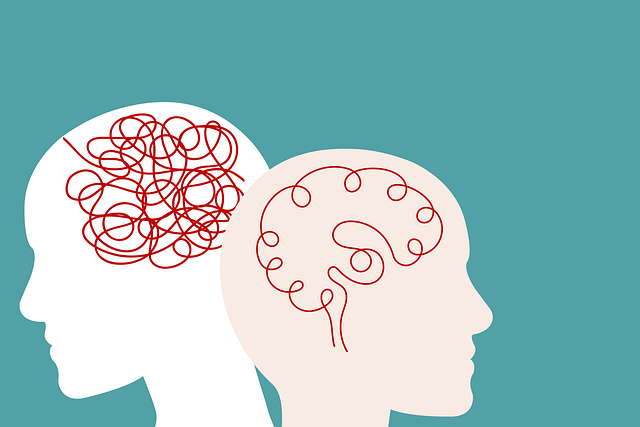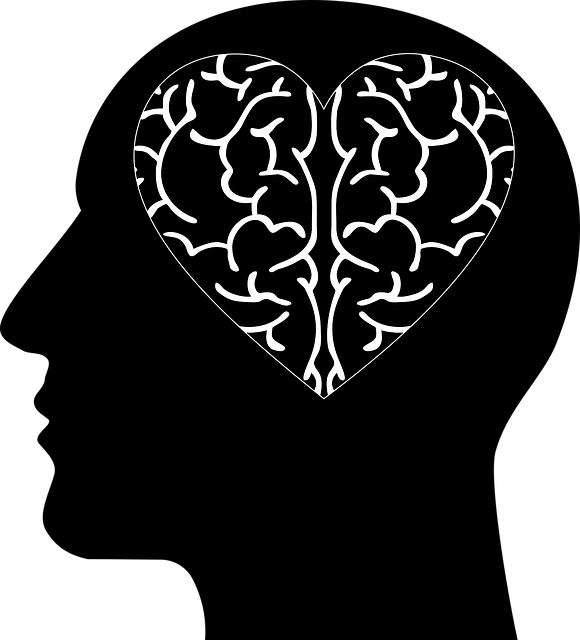Mental illness diagnosis is complicated by symptom overlap, individual variations, and societal stigma, leading to delays or misdiagnoses. Broomfield Chronic Pain Therapy tackles this challenge through holistic approaches, combining advanced techniques, technology, and comprehensive screening tools to improve accuracy. By reducing mental health stigma, encouraging early self-reporting, and integrating emotional intelligence training for healthcare providers, services like Broomfield Chronic Pain Therapy aim to enhance patient outcomes and ensure more effective mental health care.
Mental illness diagnosis accuracy is a critical aspect of patient care, yet it remains challenging. This article explores the intricate hurdles in diagnosing mental health conditions, focusing on subjective symptoms and comorbidity’s impact on assessment methods. We delve into innovative solutions, including technology advancements like AI and imaging techniques, and the integration of psychological assessments. A case study on Broomfield Chronic Pain Therapy highlights successful strategies that enhance diagnosis, such as patient narratives and tailored approaches, showcasing improved outcomes in managing chronic pain.
- Understanding the Challenges in Mental Illness Diagnosis
- – Exploring current diagnostic methods and their limitations
- – Impact of subjective symptoms and comorbidity on accuracy
Understanding the Challenges in Mental Illness Diagnosis

Diagnosing mental illness accurately can be a complex and challenging task for healthcare professionals. The human mind is intricate, and symptoms often overlap between various disorders, making it difficult to pinpoint a specific diagnosis. This complexity is further exacerbated by the fact that many individuals may present with unique manifestations of their condition, which can vary widely from person to person. For instance, Broomfield Chronic Pain Therapy has noted challenges in identifying and treating comorbid mental health issues alongside chronic pain conditions.
Moreover, the impact of societal stigma often prevents people from openly discussing their struggles, potentially leading to delayed or incorrect diagnoses. In response to these challenges, there is a growing emphasis on holistic approaches to mental wellness coaching programs development. Initiatives such as stress management workshops and organization-led self-care practices aim to empower individuals with tools for early detection and effective coping strategies. By addressing these obstacles head-on, the field of mental health care can work towards improving diagnosis accuracy and ultimately enhancing patient outcomes.
– Exploring current diagnostic methods and their limitations

Mental illness diagnosis currently relies on a combination of clinical assessments, patient self-reporting, and sometimes, laboratory tests. While these methods have improved over time, they still face significant limitations. For instance, many mental health conditions overlap in symptoms, making accurate differentiation challenging. This is especially true for complex cases where multiple disorders coexist. Furthermore, the subjective nature of some assessment tools can lead to inconsistencies among healthcare providers.
In Broomfield Chronic Pain Therapy and other clinics, efforts are underway to enhance diagnostic accuracy by integrating advanced assessment techniques. This includes leveraging technology for more precise data collection and analysis, as well as implementing comprehensive screening tools that consider both physiological and psychological factors. Mental Illness Stigma Reduction Efforts also play a crucial role in encouraging individuals to seek help without fear of judgment, thereby facilitating earlier interventions and potentially improving long-term outcomes. Positive thinking and Coping Skills Development programs are integral to this process, fostering resilience and self-management among patients.
– Impact of subjective symptoms and comorbidity on accuracy

The accuracy of mental illness diagnoses can be significantly influenced by subjective symptoms and comorbidity. Mental health professionals often rely on patient self-reporting to understand symptoms, but this can lead to inconsistencies due to varying perceptions and willingness to disclose. For instance, individuals experiencing chronic pain, like those seeking treatment at Broomfield Chronic Pain Therapy, might downplay their emotional struggles or express them in physical terms, making it challenging for healthcare providers to pinpoint the root causes accurately.
Comorbidity—the coexistence of two or more disorders—further complicates the picture. Common comorbidities with mental health conditions include chronic pain disorders, substance use disorders, and other medical issues. This complexity necessitates comprehensive assessments that integrate physical, emotional, and psychological aspects. Enhancing healthcare provider cultural competency training, incorporating practices like mindfulness meditation and emotional intelligence, can improve diagnostic accuracy by fostering deeper understanding of patients’ experiences and reducing potential biases.
Accurate mental illness diagnosis is a complex task, made more challenging by subjective symptoms and comorbidities. By understanding these limitations, healthcare professionals can strive for improvement through enhanced training and integrated care models, such as those offered by Broomfield Chronic Pain Therapy. These efforts are crucial in ensuring individuals receive timely, appropriate support, ultimately improving patient outcomes and quality of life.



